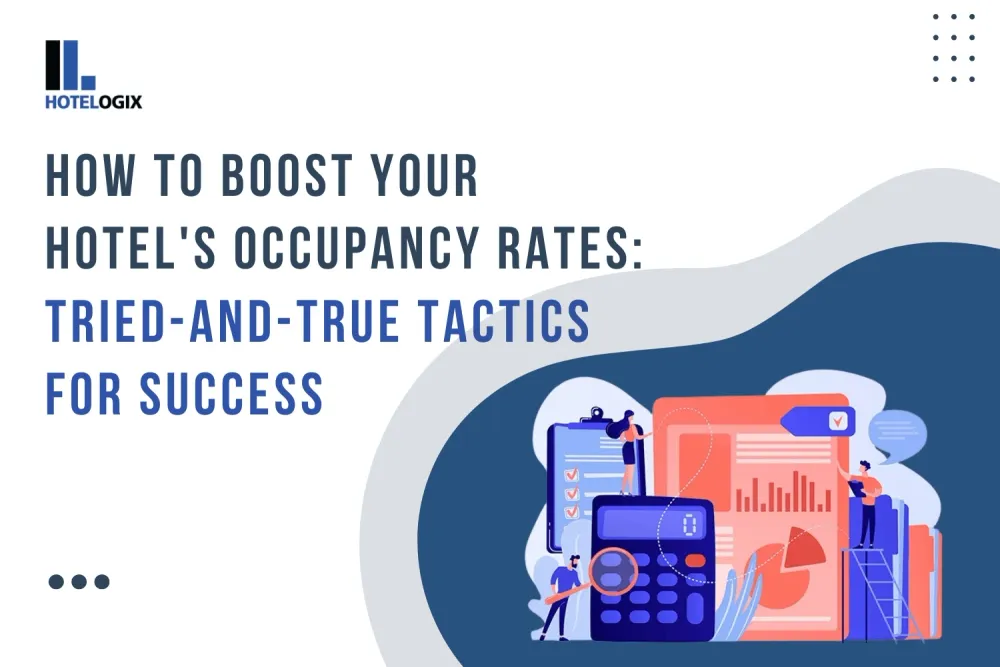Ever since technology’s infiltration into hospitality, the industry has witnessed exponential growth on a global scale. People are travelling more than ever, new accommodation providers are popping up across the world every year, and digital platforms have simplified everything from property management to booking a room. The internet was a major factor here and streamlined collaboration between suppliers and distributors. However, things haven’t gone as well as expected for all parties involved.
Independent hoteliers enjoyed increased visibility and global reach, thanks to their partnerships with OTAs. But the large commissions that they’re forced to pay them inhibits their growth. Cutting ties with these online agencies is not an option, but hoteliers can take other measures to ensure that their bottom-line isn’t impacted too much by their dependence on OTAs.
A Great Online Experience
Mobile devices are fast becoming the preferred hotel booking accessory. This is no coincidence – millennials are now the ones doing the spending and they prefer the convenience of mobile devices. Indeed, Sabre’s survey found that mobile devices accounted for 81% of all bookings made by millennial travelers.
The message is clear – hotels that do not optimize their websites and booking engines for mobile devices are shutting the door on their own growth. Providing users with a number of currency and language options is mandatory and the website must be responsive – the last thing the hotel would want is for an annoyed user to head for an OTA.
Well Designed & Practical
Website design is something many hotels are guilty of skimping on – this is a mistake! A professional looking site adds credibility and helps establish a level of trust, it shows that the property cares about how well it portrays itself to its guests.
The booking engine must be clear and noticeable so that it’s easier for guests to remember exactly where they need to go when they’re ready to make the booking. More importantly, it should be responsive – Sabre revealed that the average look-to-book ratio went up by 27.75% for properties that used a responsive booking engine.
Providing their users with a flawless online experience is not expensive and doesn’t take long to build a great website. Especially with the number of third party developers specializing in everything from designing websites to SEO, giving guests the sort of experience they’ve grown accustomed to is not a huge task!




